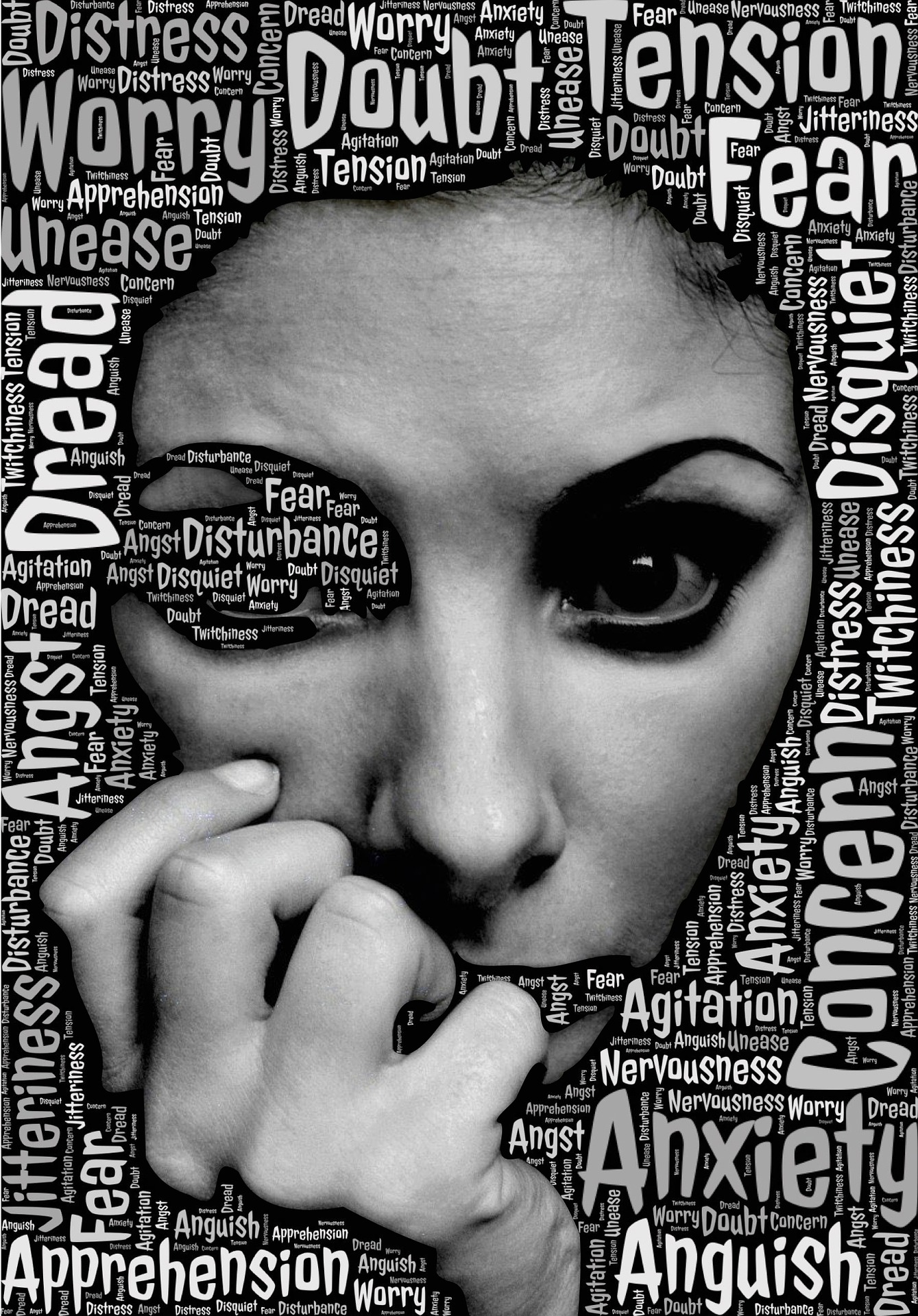The term “emotional baggage” has become an entrenched part of the personal-development culture. Emotional baggage is typically described as unresolved emotional issues from our childhood, including acute trauma, physical, psychological, or sexual abuse, ongoing stressors, family dysfunction, and other negative experiences, that shape our attitudes, emotions, and behavior, and detrimentally influence our current lives. Moreover, emotional baggage exists on a continuum of severity from mild dysfunction to serious mental illness. If you lie on the significantly disordered end of the continuum, in which you struggle with living some modicum of a normal life, seeking help from a qualified mental health professional would likely be your best course of action. If you lie closer to the other end, in which you are generally highly functional, but your life isn’t as meaningful, satisfying, and joyful as you would like it to be, then this article may be helpful to you.
Examples of common forms of emotional baggage include low self-esteem, perfectionism, fear of failure, fear of intimacy, self-criticism, just to name a few. Emotional baggage may be an inevitable part of the human condition and is something that most of us carry around with us (some baggage is “heavier” than others) and only wish we unburden ourselves with and unpack. The problem is that we often don’t know that we have emotional baggage because it is unconscious; we only know that we frequently think, feel, and behave in ways that are negative, self-sabotaging, and unpleasant. Only when we come to excavate these deeply buried unconscious forces are we able to understand why they are so dysfunctional to our lives.
The paradox of emotional baggage is that it started out as being highly functional in childhood and usually doesn’t turn dysfunctional until our adolescence and, often times, not till much later in life. What becomes emotional baggage starts out as a way for you to manage an otherwise untenable situation, usually involving protecting yourself from some perceived threat. For example, becoming a perfectionist may have ensured that you were successful enough to earn love from an overly demanding parent. Or having a negative outlook on life served to protect you from being disappointed when things didn’t go the way you wanted because you didn’t get your needs met in childhood. Or being extremely self-critical was useful as a means of preempting criticism from a hyper-critical parent and even eliciting sympathy for being so tough on yourself. These early experiences and the thoughts, emotions, and behaviors associated with them become entrenched in your unconscious as your emotional baggage, become powerful forces that shape your life, and drive you in an unhealthy direction. What is so frustrating for anyone who has been the victim of emotional baggage (in other words, just about everyone!) is that you see yourself sabotaging your life and recognize rationally how self-destructive it is, yet are at a loss to understand why you continue to think, feel, and behave as they do. Even worse, you feel helpless to change the path you are on because of the lack of awareness of the specific forces that are propelling you.
As you grow up, your baggage continues to drive you along a bad road by causing you to think, feel, and behave in ways that are highly dysfunctional in your current life (e.g., it makes you unhappy, hurts your relationships, stymies the pursuit of your goals). Your baggage is not only not helpful any longer (i.e., it no longer keeps you feeling safe), but it actually makes you feel more unsafe because what worked when you were a child in a very specific environment (e.g., a dysfunctional family) no longer works in your current adult life. It’s also usually unnecessary because you are likely not in the situation that caused your emotional baggage to develop in the first place. Additionally, who you are and your life are very different from when those ways of responding to your world were present. As a child, you lacked the cognitive and emotional maturity to understand the situation you were in and make deliberate choices about the best way to respond. To the contrary, you, like all children, were vulnerable, confused, and scared, and did whatever it took to create some modicum of safety in a decidedly threatening and uncomfortable situation.
As you progressed through adolescence and into adulthood, you accumulated life experience, began to learn new ways of looking at yourself and the people and world around you, your pre-frontal cortex developed allowing you to engage in intentional thinking, and you gained emotional control. As an adult, you have many resources and tools that enable you to better assess and respond to the personal challenges you face. In other words, you are a vastly different person than you were when you were victimized by your parents, others, or our culture, and capable of responding to the perceived threats in healthier and more productive ways. With this maturity, you make your baggage obsolete; you no longer need to protect yourself in those unhealthy ways because those threats are either no longer present or you have better ways of dealing with them. But making that shift is easier said than done, and the reason why you may still be driven by your emotional baggage.
There are two challenges that can make this transition difficult. First, it’s not uncommon for people to re-enact their unhealthy childhood experiences by recreating them in adulthood. You may be drawn to others, such as romantic partners or friends, who have the same threatening qualities that your parents possessed and that produced your emotional baggage in the first place. For example, a man with a perfectionistic mother is attracted to women with similar attributes. Or, even more extreme, a woman with an abusive father is drawn to men who are also abusive.
This replay, rather than rejection, of your childhood is a truly mystifying reaction to a difficult childhood that produces emotional baggage. Why would anyone want to re-create such a threatening environment that causes your adult life to be so dysfunctional and that leads to such unpleasant emotions in adulthood after the pain it caused in childhood? I have three theories.
First, you may feel a perverse comfort in maintaining your emotional baggage because the re-enactment is familiar, predictable, and, in an odd way, controllable (you learned how to deal with it when you were a child). Second, you feel so inadequate that you simply don’t feel you deserve anything better, particularly if, along with the emotional baggage, you felt that your difficult childhood experiences were your fault. Lastly, at some deep level, you believe that you are now capable of replaying and correcting the situation in someone else who is similar to your parents, others, or situation that originally ladened you with your emotional baggage.
The second challenge that can cause you to re-create their childhood traumas is that they are so deeply wired into your brain that even a Herculean effort by your pre-frontal cortex to override your limbic system’s reaction to your emotional baggage is insufficient. Your emotional baggage is so strongly rooted in your psyche that you still see yourself as that vulnerable child that you were rather than the capable person that you are now. As such, you still see your life through the lenses of your emotional baggage (i.e., you still see yourself as that traumatized child) and you don’t believe you have the capabilities to think, feel, act, and respond to your world in different and healthier ways.
In summary, your past is still guiding your present because you’re unable to unpack your emotional baggage and face your life based on who you are now rather than who you once were. With this understanding of your emotional baggage, the question you are likely asking is: Now that I have a better understanding of my emotional baggage, how do I unburden myself of it? Though I will explore this question in a future article (my apologies if this final paragraph leaves you a bit unsatisfied, but this article’s word count is getting too high), but in the meantime, here are some general steps you can take to begin to unpack your emotional baggage:
- See a qualified mental health professional
- Learn more about your particular emotional baggage through articles, books, and podcasts
- Find a support group in which you can learn from others with similar challenges





